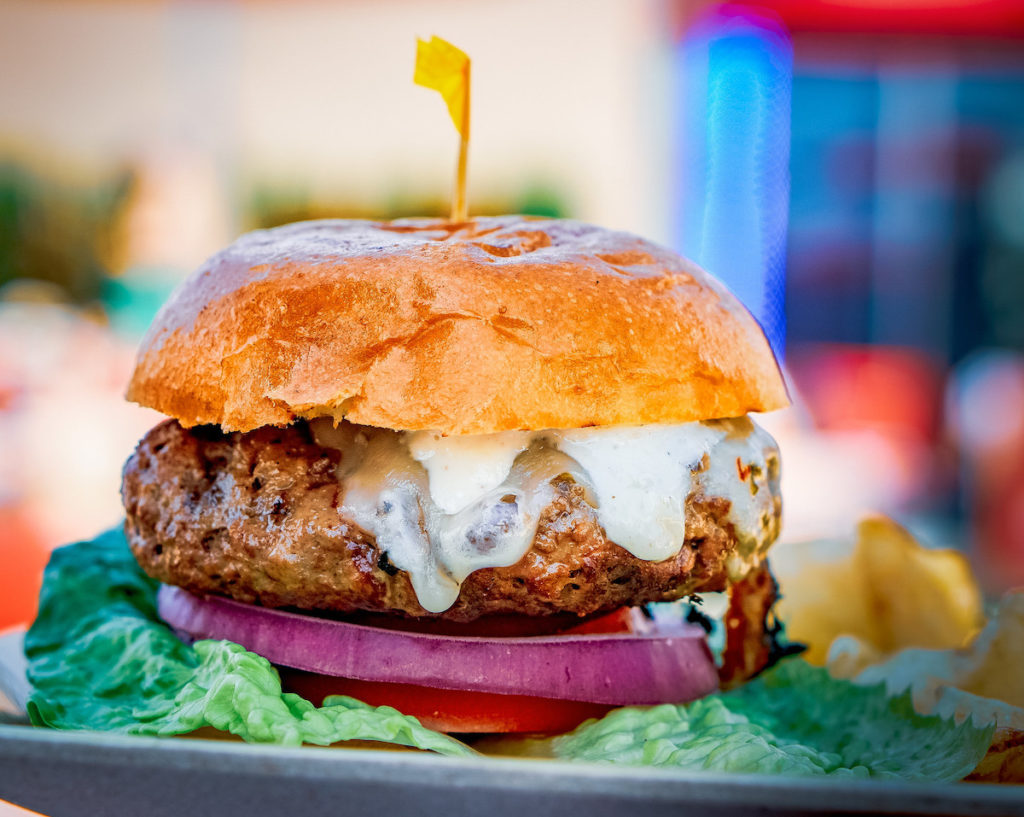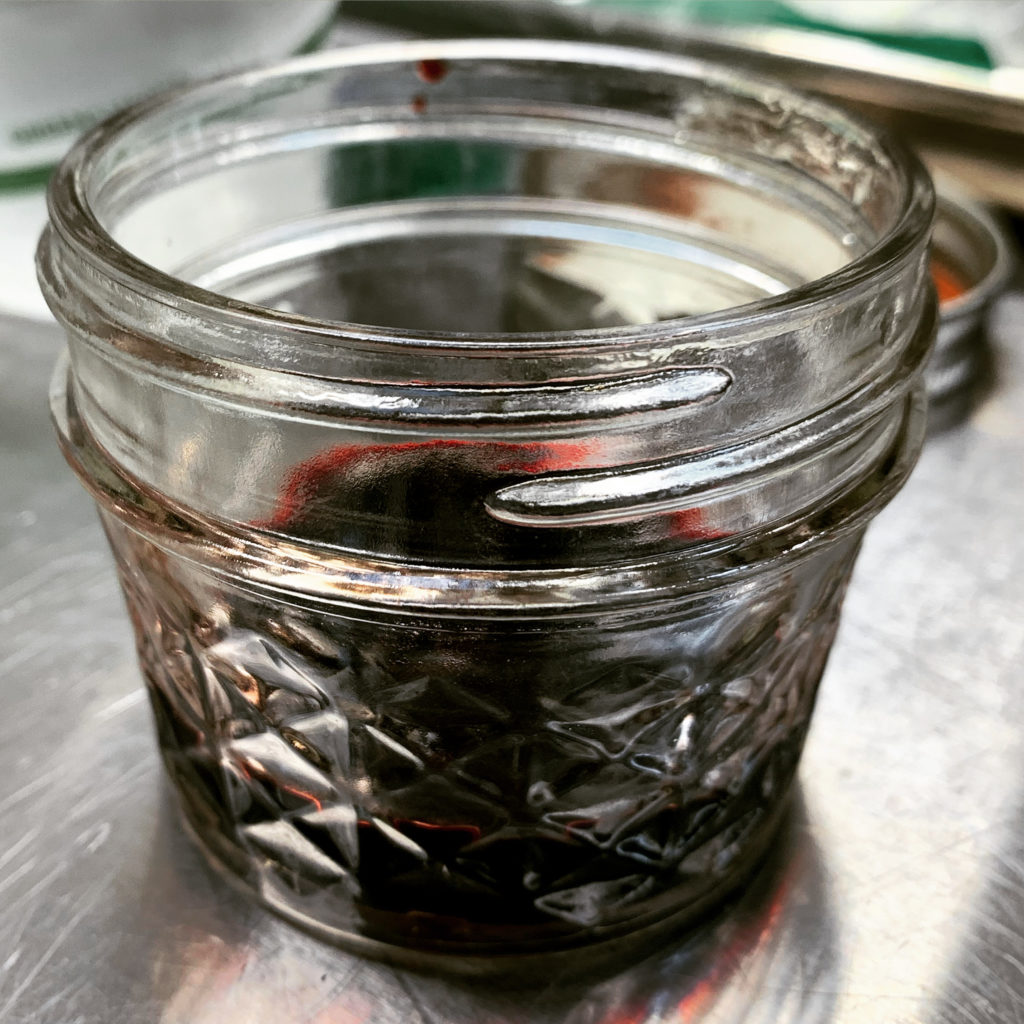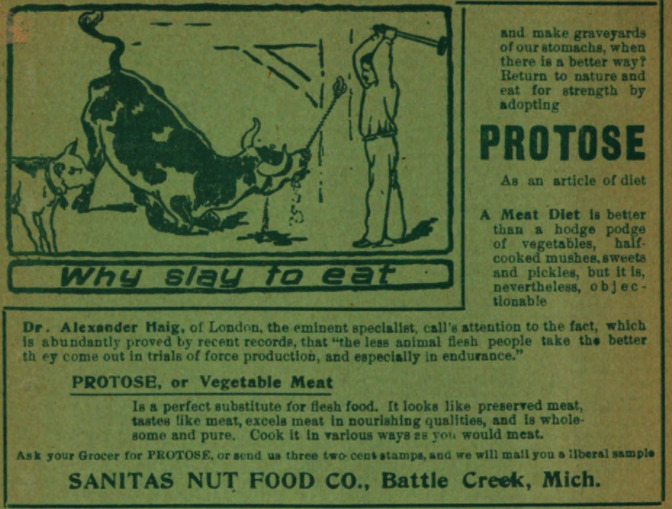Gastropod looks at food through the lens of science and history.
Co-hosts Cynthia Graber and Nicola Twilley serve up a brand new episode every two weeks.
Co-hosts Cynthia Graber and Nicola Twilley serve up a brand new episode every two weeks.

The Impossible burger, photo by Ted Eytan
Aymann Ismail is an award-winning staff writer at Slate whose work focuses on identity and religion. In 2017, he launched the Slate video series “Who’s Afraid of Aymann Ismail?” confronting people’s fears about American Muslims. You can read Aymann’s piece on the debates surrounding plant-based pig substitutes in Muslim communities here.

A jar of heme at the Impossible labs—yes, dear listeners, we tasted it.
Celeste Holz-Schietinger is the VP of Product Innovation at Impossible Foods, where she’s been a scientist since 2012. Fast Company named Celeste one the most creative people in business in 2020.
Malte Rödl is a researcher in environmental communications at the Swedish University of Agricultural Sciences. His PhD thesis is titled “Categorising Meat Alternatives: how dominant meat culture is reproduced and challenged through the making and eating of meat alternatives.”
Tyler Huggins grew up in Montana on his dad’s bison ranch—so his pivot from forestry to engineering PhD to founder of a mycelium-based meat company actually kind of brought him closer to home. Tyler started Meati in 2015 after “auditioning” thousands of fungus species and finally finding the one: a protein powerhouse he and his team have nicknamed “Rosita” that creates surprisingly meat-like textures.
You might remember Raychel Santo’s insights on the benefits and limitations of urban agriculture from our Dig For Victory episode. In this episode, Raychel helps us understand how plant-based meats measure up against animal meats in terms of both nutritional and environmental impacts. You can read the full paper she and her colleagues wrote here.

An ad for Protose, one of the early plant-based meats, invented by J.H. Kellogg in the 1890s, from Wikipedia Commons
Click here for a transcript of the show. Please note that the transcript is provided as a courtesy and may contain errors.